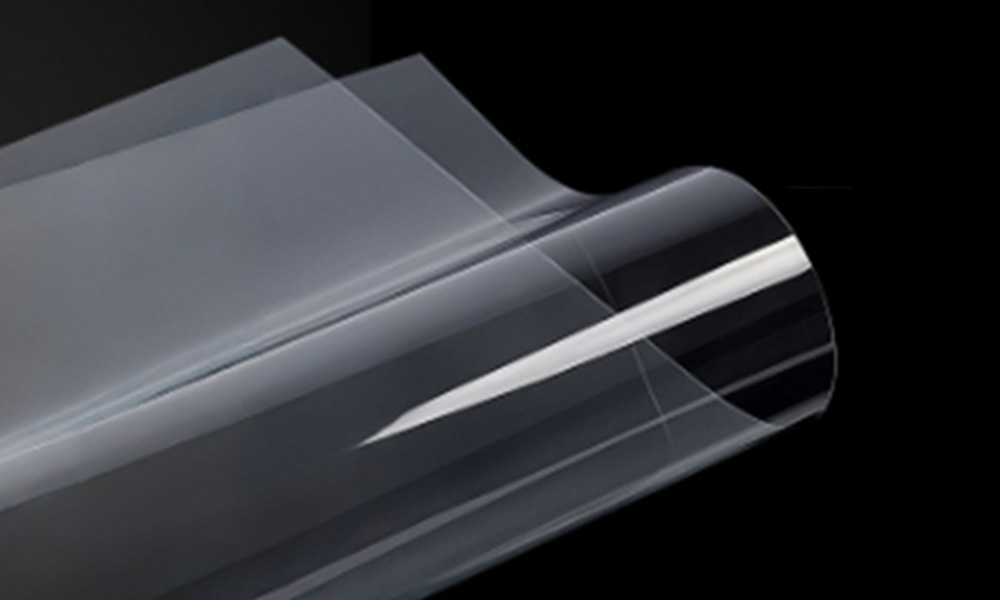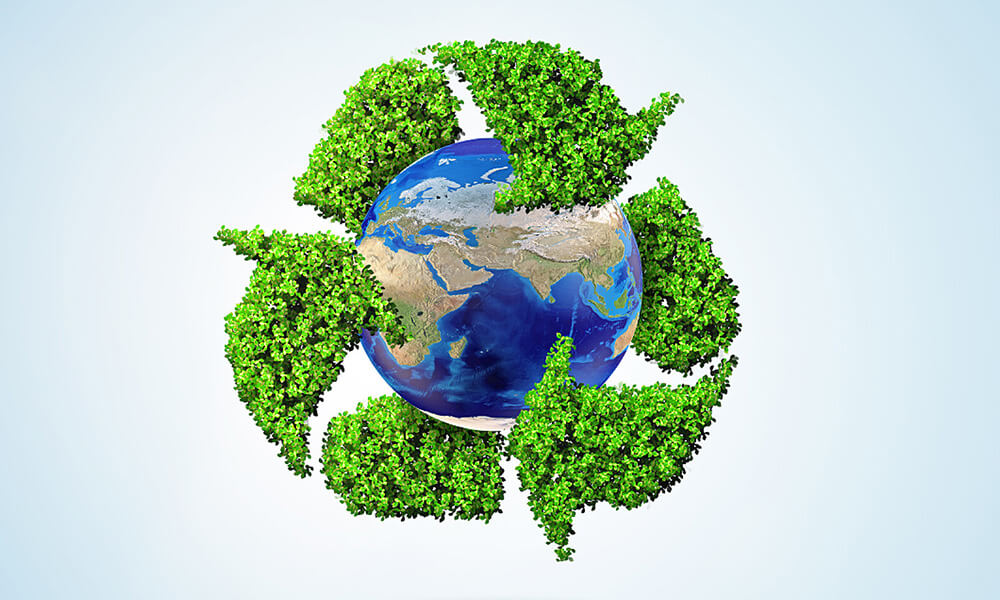¿QUÉ ESTÁS BUSCANDO?

Foldable clear packaging plays a crucial role in modern industries. This packaging solution offers versatility and transparency, making it ideal for showcasing products. Materials such as paperboard, cardboard, and corrugated cardboard are commonly used in these packaging solutions. Understanding these materials is essential for selecting the right packaging that balances cost, durability, and environmental impact. The global folding carton packaging market reached USD 181.6 billion in 2021, with a projected growth rate of 5.8% from 2022 to 2029. This growth highlights the increasing demand for sustainable packaging options like Foldable Clear Packaging.
Polyethylene Terephthalate (PET) offers numerous advantages in foldable clear packaging. PET is lightweight yet durable, making it easy to handle during transportation and storage. The material maintains its structural integrity, ensuring that products remain protected. PET is chemically inert, which means it does not react with food or beverages. This characteristic makes PET ideal for food packaging applications. Additionally, PET is recyclable, contributing to environmental sustainability.
PET is widely used in various packaging applications due to its clarity and strength. Retail boxes made from PET can ship flat, saving space and reducing shipping costs. The material's transparency enhances product visibility, making it an excellent choice for showcasing items. PET's adaptability allows for customization with printed designs, images, and text, which helps in brand promotion. These features make PET a popular choice in the foldable clear packaging industry.
Polyvinyl Chloride (PVC) is another material commonly used in foldable clear packaging. PVC is known for its flexibility and durability, providing excellent protection for packaged goods. The material offers good clarity, allowing consumers to view the contents easily. PVC is resistant to moisture and chemicals, making it suitable for various packaging needs.
PVC offers several advantages in foldable clear packaging. Its flexibility allows for easy folding and shaping, accommodating different product sizes and shapes. The material's durability ensures long-lasting protection. However, PVC has some disadvantages. The production process can release harmful chemicals, raising environmental concerns. Recycling PVC is also challenging compared to other materials like PET.
Polypropylene (PP) is a versatile material used in foldable clear packaging. PP is lightweight and offers excellent resistance to moisture and chemicals. The material provides good clarity, enhancing the presentation of packaged products. PP is also known for its toughness, ensuring that packaging remains intact during handling and transport.
PP is used in various foldable clear packaging applications. The material's lightweight nature makes it ideal for creating packaging that is easy to transport. PP's resistance to moisture and chemicals makes it suitable for packaging food and other sensitive products. The material's clarity and durability make it a preferred choice for many industries seeking effective packaging solutions.
Foldable clear packaging offers remarkable versatility. Manufacturers can adapt this packaging to suit various products. This adaptability ensures that different product sizes and shapes fit seamlessly. Retailers benefit from the flexibility of foldable clear packaging. This packaging type accommodates a wide range of items, enhancing its appeal across industries.
Storage and transport become more efficient with foldable clear packaging. The design allows for easy folding, which saves space. Businesses can store more units in limited spaces. Transportation costs decrease due to the compact nature of folded packaging. Efficient storage and transport contribute to cost savings.
Foldable clear packaging enhances product visibility. The transparent nature of the material showcases the contents effectively. Consumers appreciate seeing the actual product before purchase. This visibility builds trust and increases purchase likelihood.
Consumer attraction is another benefit of foldable clear packaging. Eye-catching designs and unique shapes draw attention. Brands can customize packaging with vibrant colors and logos. This customization promotes brand recognition and customer satisfaction. The aesthetic appeal of foldable clear packaging plays a crucial role in marketing strategies.
Foldable clear packaging provides numerous advantages. The combination of versatility, flexibility, and aesthetic appeal makes it an ideal choice. Businesses benefit from efficient storage and transport solutions. Consumers enjoy enhanced visibility and attractive designs. These factors contribute to the growing popularity of foldable clear packaging in various markets.

Polyethylene Terephthalate (PET) and Polypropylene (PP) offer significant recyclability benefits in foldable clear packaging. Recycling facilities widely accept PET due to its high recycling rate. PET retains quality after recycling, making it a sustainable choice. Polypropylene also supports sustainability efforts. Recycling processes for PP convert waste into reusable material. This process reduces environmental impact. Foldable clear packaging made from PET and PP contributes to a circular economy.
Polyvinyl Chloride (PVC) presents environmental challenges in foldable clear packaging. The production of PVC releases harmful chemicals. These chemicals affect air and water quality. Recycling PVC proves difficult compared to other materials. Limited recycling options increase landfill waste. Manufacturers face pressure to reduce PVC usage. Sustainable alternatives gain popularity in response to these concerns.
Biodegradable materials emerge as solutions in foldable clear packaging. These materials decompose naturally over time. Plant-based plastics serve as popular biodegradable options. These plastics offer similar properties to traditional materials. Businesses adopt biodegradable alternatives to reduce waste. Consumers appreciate environmentally friendly packaging choices. Biodegradable materials support a sustainable future.
The packaging industry embraces eco-friendly trends. Companies invest in research for sustainable materials. Innovations focus on reducing carbon footprints. Foldable clear packaging evolves with these developments. Brands prioritize sustainability in product design. Consumers demand transparency in environmental practices. Industry leaders set standards for eco-friendly packaging solutions.
Foldable clear packaging utilizes materials like PET, PVC, and PP, each offering unique benefits. PET provides recyclability and strength. PVC offers flexibility but poses environmental challenges. PP ensures moisture resistance and clarity. Choosing the right material depends on specific needs such as durability and cost-efficiency. Environmental impacts should guide material selection. Sustainable options reduce waste and promote a circular economy. Selecting durable materials minimizes replacements, enhancing resource efficiency. Consideration of these factors leads to informed decisions that balance functionality and sustainability.